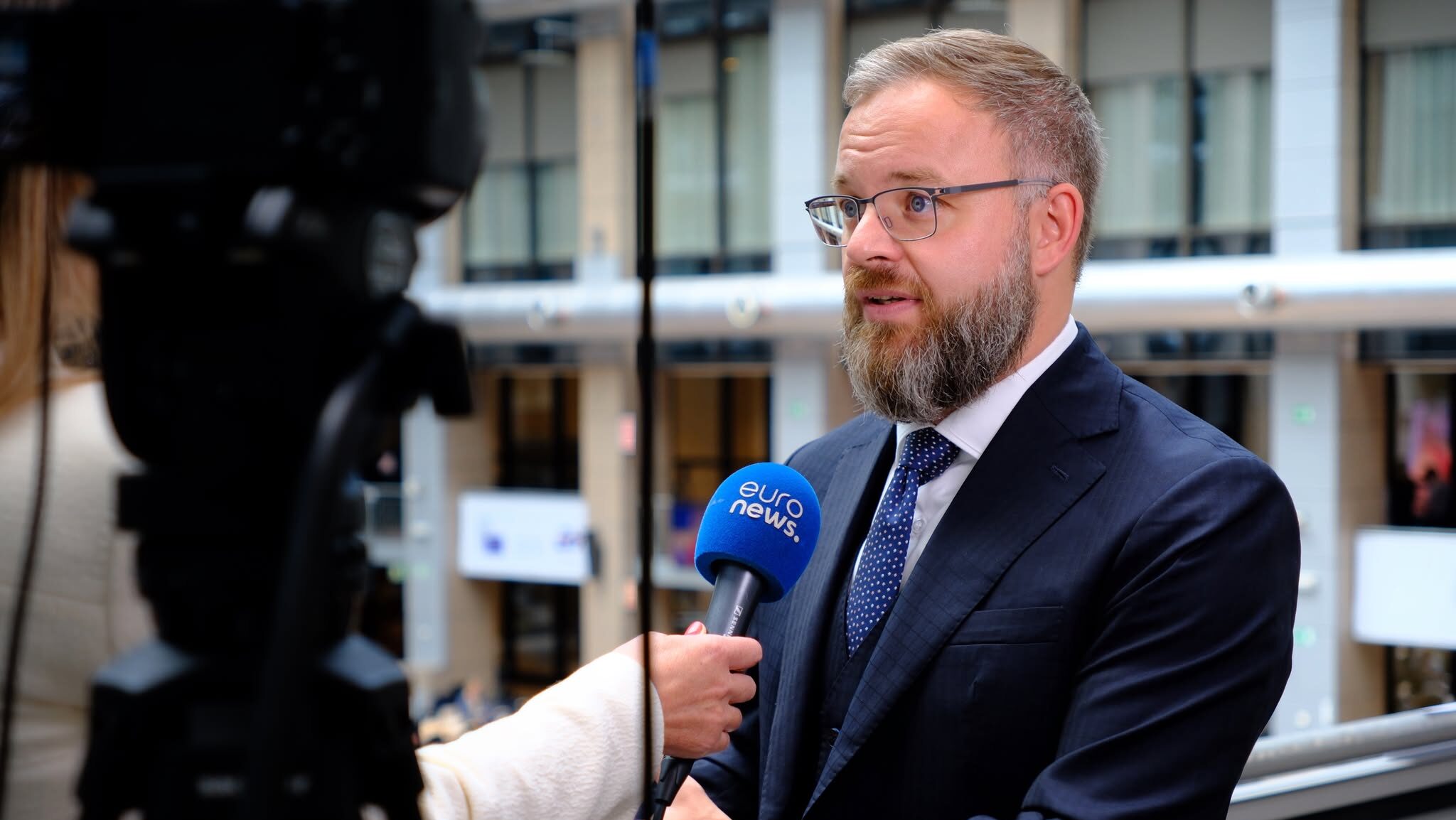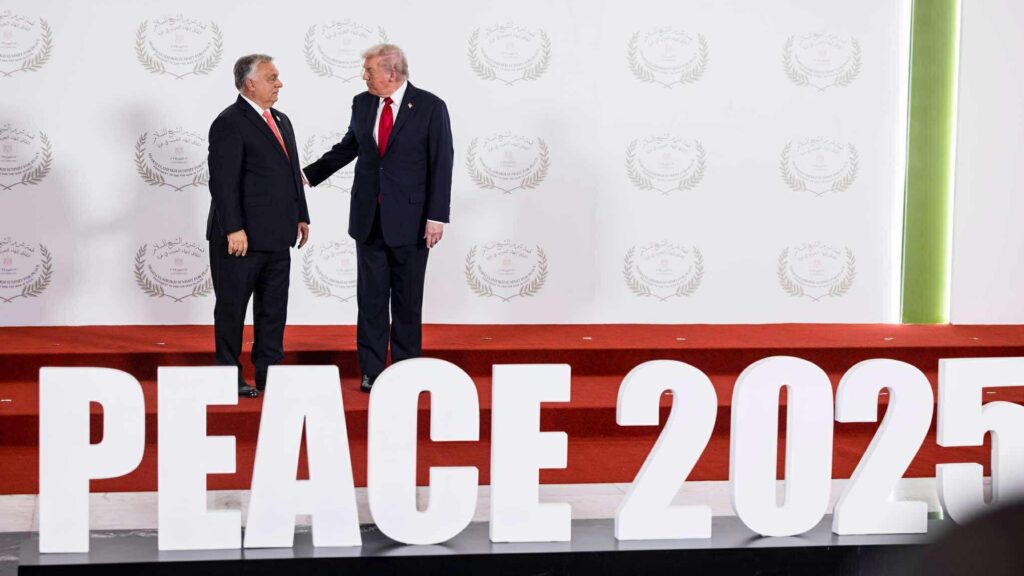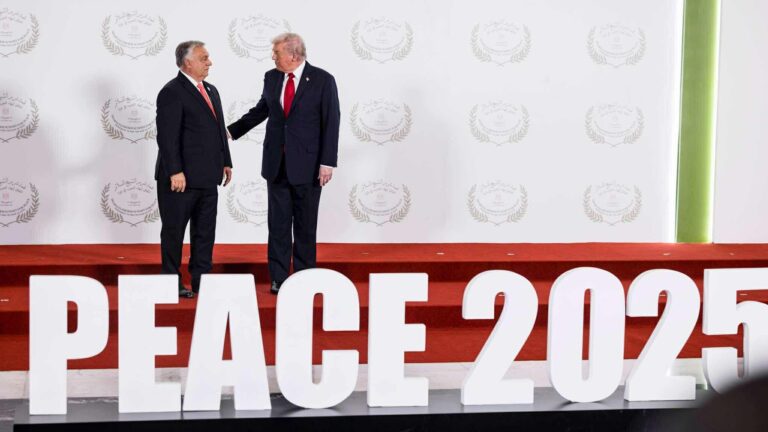Jim Sciutto recently hosted Balázs Orbán, Political Director to Hungarian Prime Minister Viktor Orbán, on CNN’s The Brief during this week’s Aspen Security Forum. In the interview, Balázs Orbán outlined Hungary’s often misunderstood position on the war in Ukraine and Kyiv’s fast-track bid for European Union membership.
He argued that neither Kyiv nor Moscow seems genuinely committed to ending the war: ‘The Ukrainians and the Russians both have their reasons for wanting to continue the war…Both sides believe time is on their side.’ He warned that Europe’s current policy—built around arms transfers and sanctions—risks prolonging the conflict and inflicting further harm on European states.
He underscored Hungary’s decision to focus on its own defence rather than arming Ukraine: ‘We should not try to defend Europe through Ukraine… Instead, we believe in strengthening European armies so that we can defend ourselves if necessary.’ Hungary has already met NATO’s 2 per cent GDP defence threshold and plans further increases—reinforcing autonomous protection over external intervention.
Orbán welcomed renewed diplomatic efforts between Washington and Moscow as a positive sign: ‘That’s a hopeful sign...what we want to avoid is a cycle of escalation.’ He noted Ukraine’s willingness to consider ceasefire proposals: ‘Ukraine accepted ceasefire proposals…Russia did not,’ adding that ‘Europe is already suffering significant losses from this conflict.’
When asked whether Russia poses a threat to NATO members, Orbán replied: ‘I think it’s not realistic now. NATO is far stronger than Russia… And if we are able to increase our spending, we Europeans…will be far stronger as well.’ As he put it: ‘Deterrence in effect.’
Turning to EU accession, Orbán stressed realism over symbolism: ‘EU membership for Ukraine cannot happen in the current context. It would have devastating consequences for Europe.’ He highlighted that admitting Ukraine while the war continues means ‘we import the conflict, and then the war will be inevitable’—a scenario Hungary is determined to avoid.
Pressed on whether Ukraine is fighting for Europe’s security, he firmly rejected the idea. Clarifying Hungary’s stance, he said: ‘They are fighting for themselves. And they have the right to do so. But it’s not about our security. We never asked them to fight in the name of us.’
During the interview, Orbán referenced the recent death of a Transcarphatian Hungarian man during conscription. He recalled that J Sebestyén was beaten to death while being forced into military service. Although Ukrainian authorities later claimed the cause of death was a pulmonary embolism, Hungary expressed grave concern and summoned Ukraine’s ambassador. In response, Budapest banned three Ukrainian military officials from entering Hungarian territory. Orbán argued that a country where forced conscription can result in such tragedy cannot be considered for EU membership. He emphasized that this must be taken seriously and that moral and legal standards cannot be abandoned for the sake of political expediency.
Orbán pointed out that the death of a Hungarian citizen under such circumstances illustrates why EU decisions—on enlargement, sanctions, and military support—must remain grounded in reality and national interest. ‘You can’t make speeches about Ukraine’s suitability for EU membership and the next day bury people beaten to death during forced conscription,’ he remarked.
Related articles:







